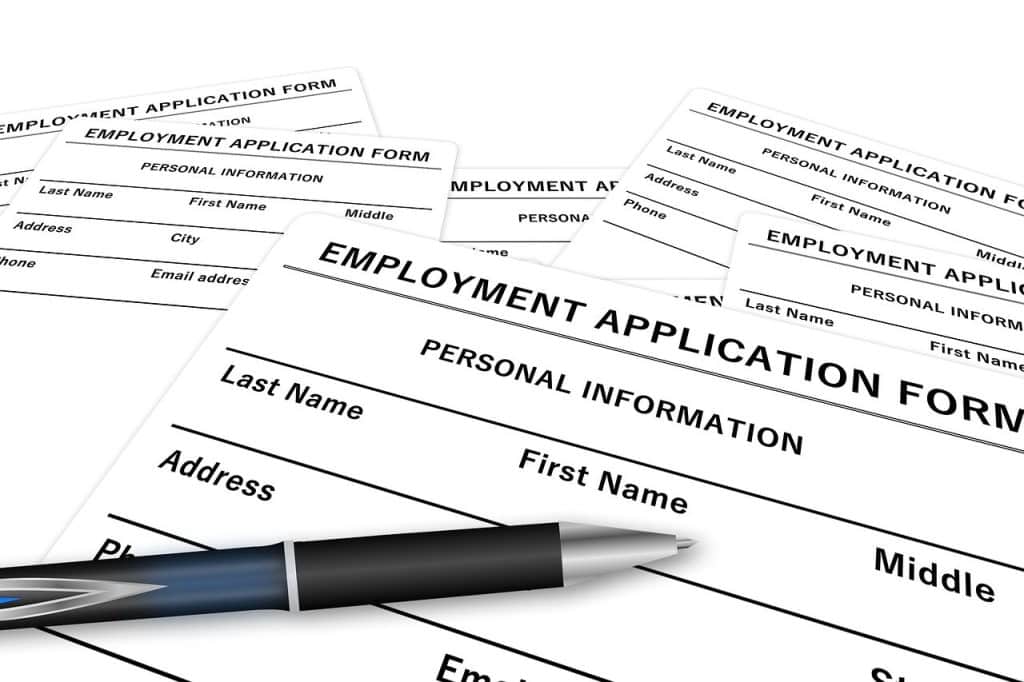Introduction
Communication is the cornerstone of human interaction, shaping relationships, driving businesses, and fostering personal growth. In this comprehensive guide, we delve into the 10 importance of communication skills, exploring how mastering this fundamental skill can lead to success in various aspects of life.
Understanding the Foundation: What are Communication Skills?
Effective communication skills encompass the ability to convey information clearly, listen actively, empathize with others, and adapt communication style to different contexts. These skills form the bedrock of successful interactions, enabling individuals to express thoughts, ideas, and emotions effectively.
Mastering Verbal Communication
Verbal communication involves the use of spoken words to convey messages. From public speaking to everyday conversations, mastering verbal communication enhances clarity and ensures that your message resonates with your audience.
Navigating Non-Verbal Communication
Non-verbal communication encompasses gestures, facial expressions, body language, and tone of voice. Understanding and harnessing non-verbal cues can significantly impact how your message is received, fostering better understanding and rapport.
The Power of Active Listening
Active listening is a crucial component of effective communication, allowing individuals to fully comprehend the message being conveyed and respond appropriately. By actively engaging with speakers and demonstrating empathy, you can build trust and strengthen relationships.
Adapting Communication Styles
Flexibility in communication is essential, as different situations and audiences require varying approaches. Whether communicating with peers, superiors, or clients, adapting your communication style ensures clarity and fosters productive exchanges.
Related Story
The 10 Importance of Communication Skills
1. Building Stronger Relationships
Effective communication lays the groundwork for meaningful connections, fostering trust, understanding, and respect among individuals. By expressing thoughts and emotions openly and listening attentively, relationships flourish, both personally and professionally.
2. Enhancing Team Collaboration
In collaborative environments, effective communication is paramount to achieving common goals. Clear communication channels facilitate idea sharing, conflict resolution, and decision-making, driving team synergy and productivity.
3. Driving Career Advancement
Communication prowess is often cited as a key factor in career success. Whether networking, presenting proposals, or leading teams, individuals with strong communication skills stand out, advancing their careers and seizing new opportunities.
4. Fostering Innovation
Clear and open communication fosters a culture of innovation within organizations, where diverse perspectives are valued and ideas are freely exchanged. By encouraging creativity and collaboration, businesses can stay ahead of the curve and drive growth.
5. Resolving Conflicts Amicably
Conflicts are inevitable in any setting, but effective communication can mitigate tensions and facilitate resolution. By addressing concerns openly, actively listening to all parties involved, and seeking common ground, conflicts can be resolved amicably, preserving relationships and harmony.
6. Improving Customer Relations
In customer-facing roles, effective communication is crucial for delivering exceptional service and fostering loyalty. By understanding customer needs, addressing inquiries promptly, and conveying information clearly, businesses can build lasting relationships and drive satisfaction.
7. Boosting Leadership Effectiveness
Effective leaders are adept communicators, inspiring and guiding their teams toward shared objectives. By articulating vision, providing constructive feedback, and fostering open dialogue, leaders can cultivate a motivated and engaged workforce.
8. Navigating Cultural Diversity
In today’s globalized world, cross-cultural communication skills are indispensable. Sensitivity to cultural nuances, respect for diversity, and willingness to adapt communication style enable individuals to navigate cultural differences effectively, fostering mutual understanding and cooperation.
9. Strengthening Personal Branding
Effective communication is integral to shaping personal branding and professional reputation. Whether through networking events, social media platforms, or interpersonal interactions, clear and compelling communication reinforces one’s expertise, credibility, and influence.
10. Cultivating Emotional Intelligence
Emotional intelligence, which encompasses self-awareness, self-regulation, empathy, and social skills, is closely intertwined with effective communication. By honing these attributes, individuals can navigate interpersonal dynamics with grace and authenticity, fostering deeper connections and mutual respect.
FAQs
How can I improve my communication skills?
Why are communication skills important in the workplace?
What role does empathy play in communication?
How can I overcome communication barriers?
What are the consequences of poor communication in relationships?
How can I become a better listener?
Conclusion
In today’s interconnected world, mastering communication skills is more crucial than ever. By recognizing the 10 importance of communication skills and investing in their development, individuals can unlock new opportunities, cultivate meaningful relationships, and thrive in both personal and professional endeavors.



